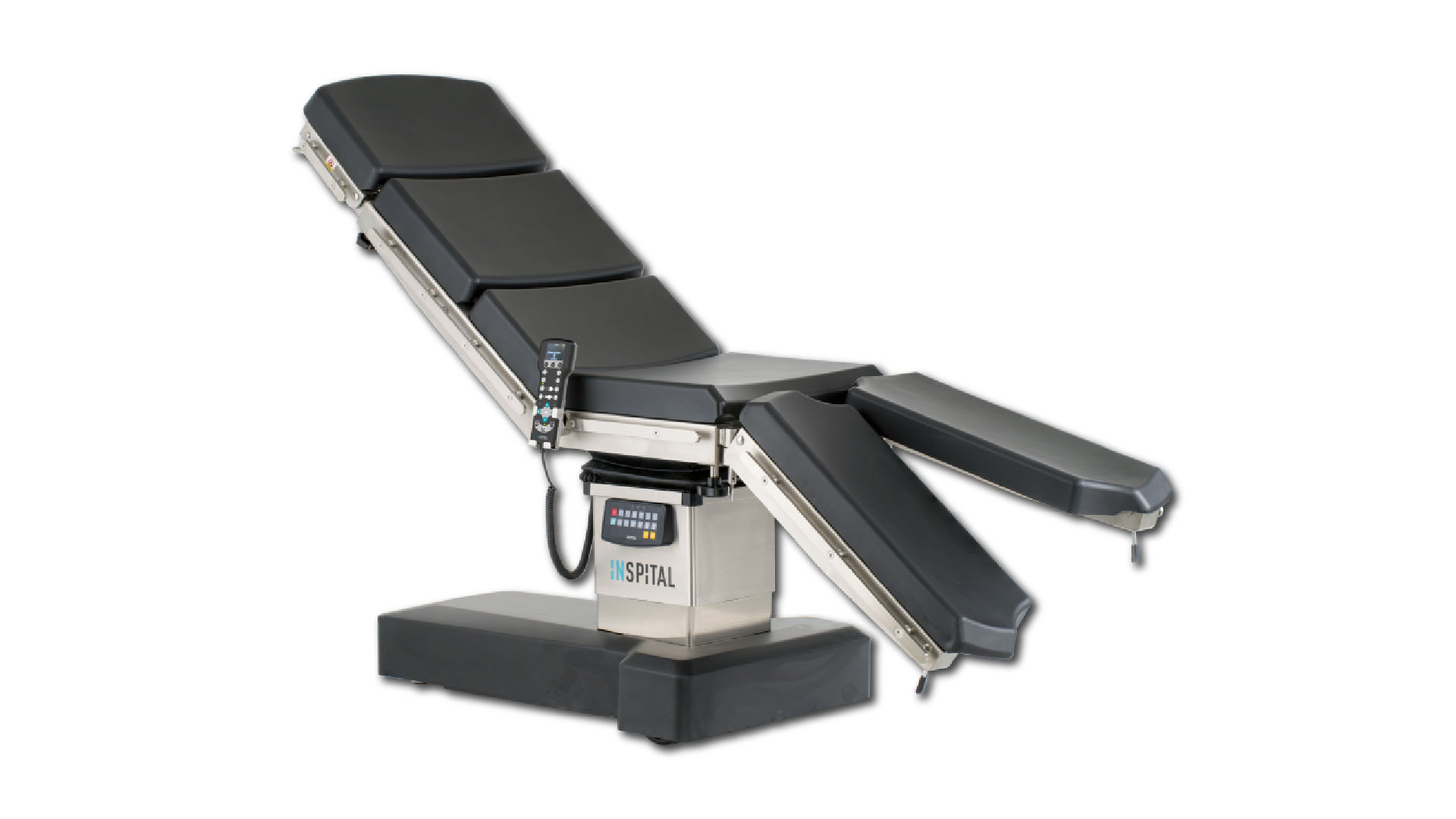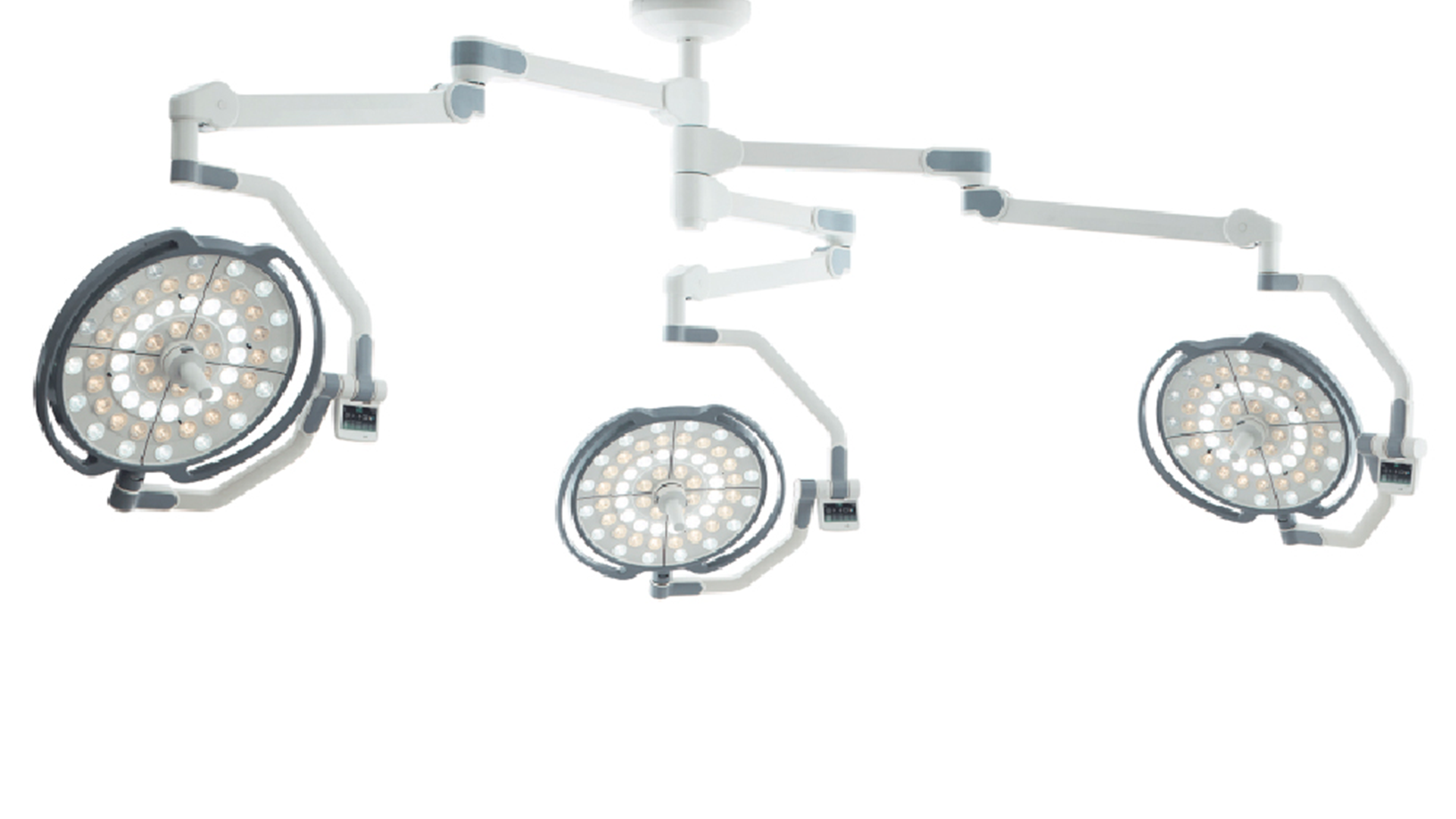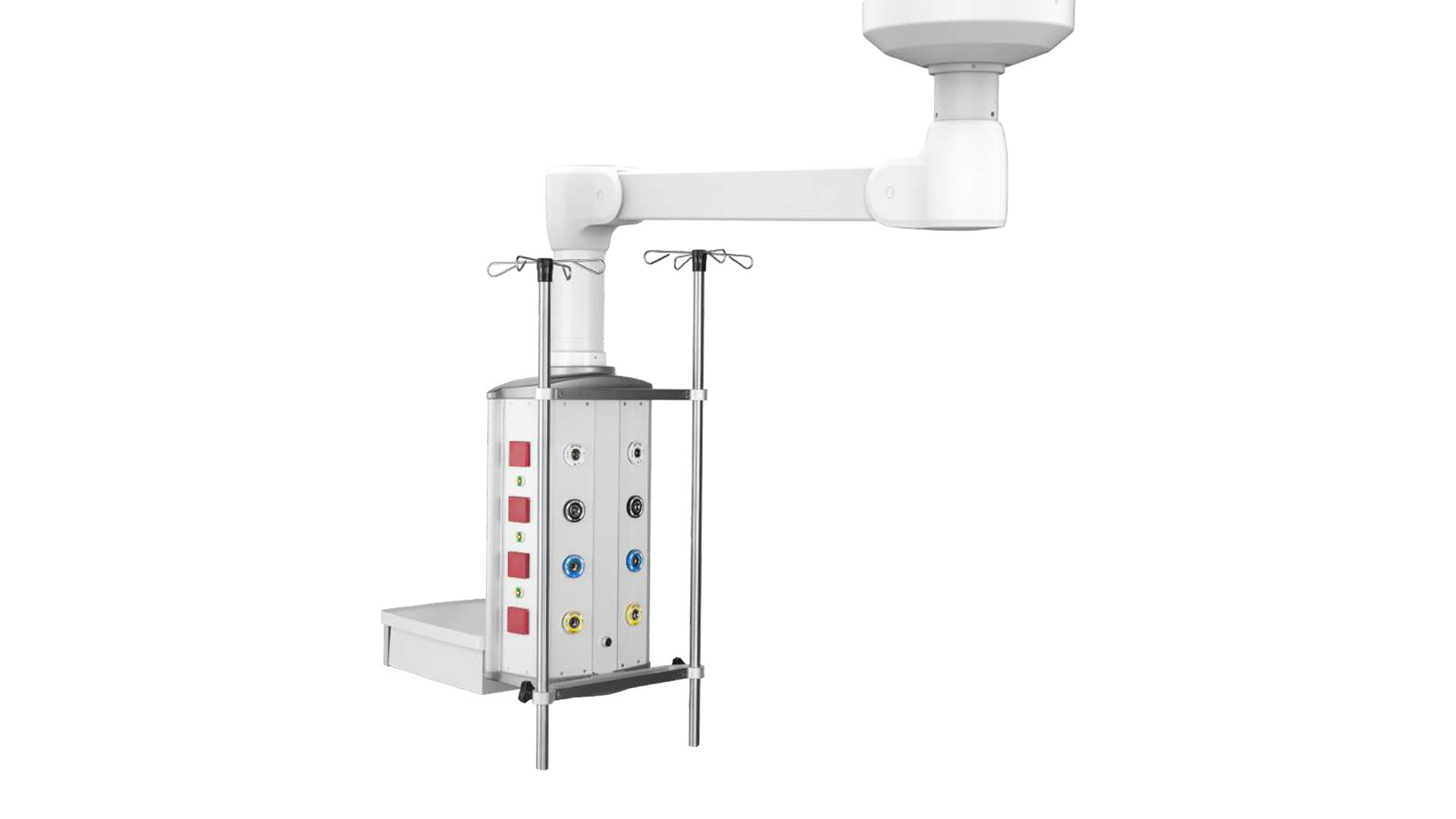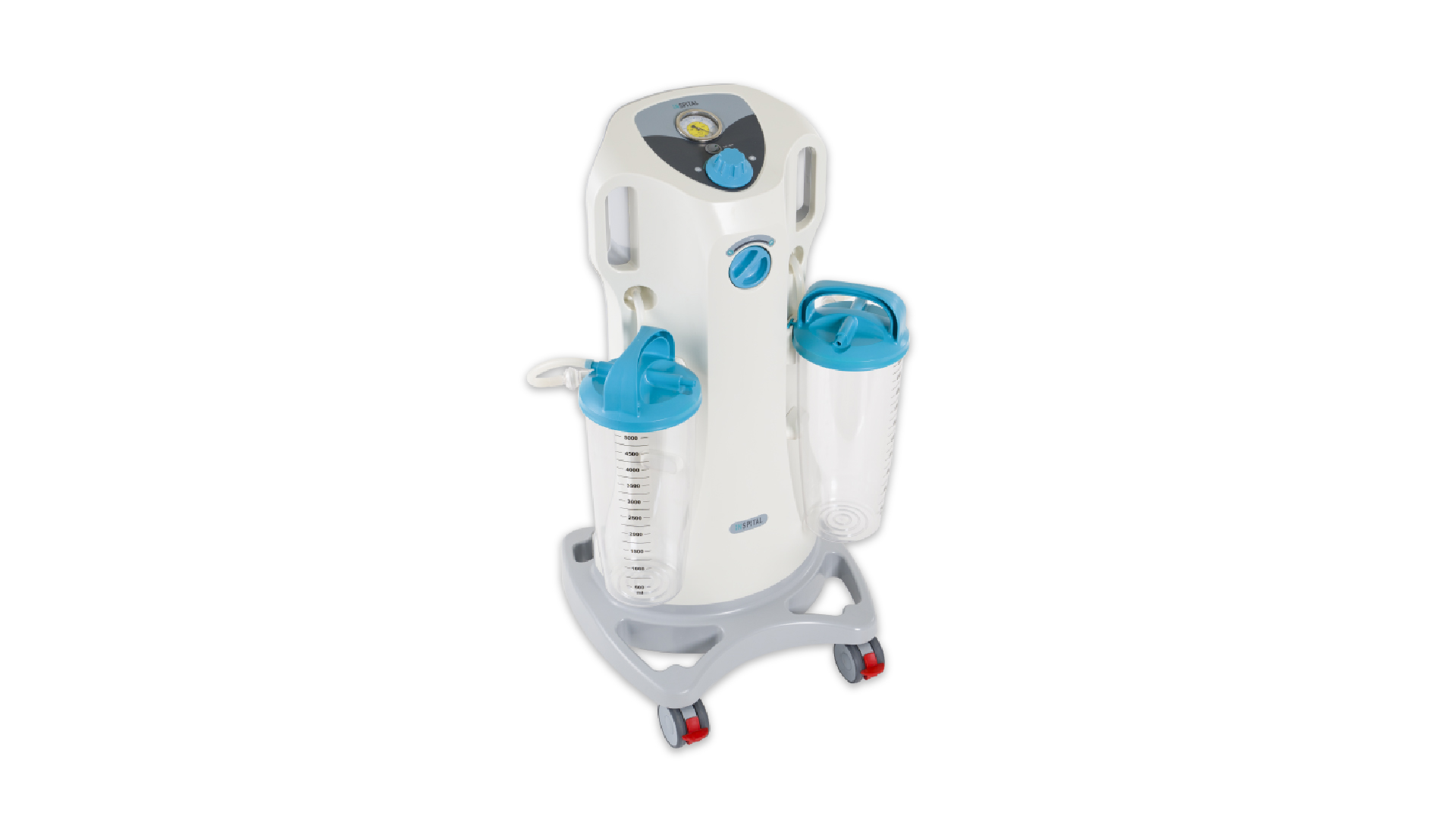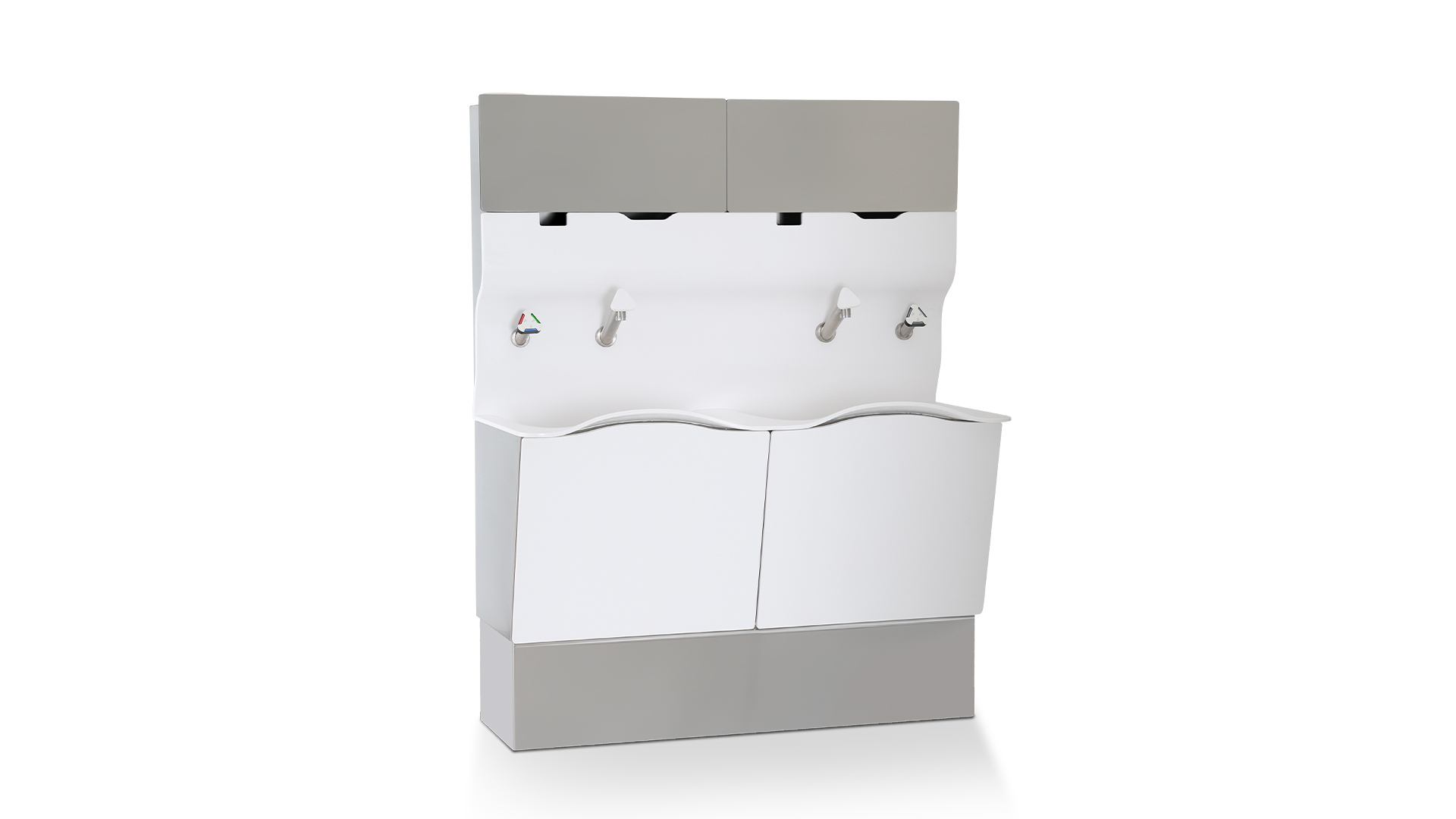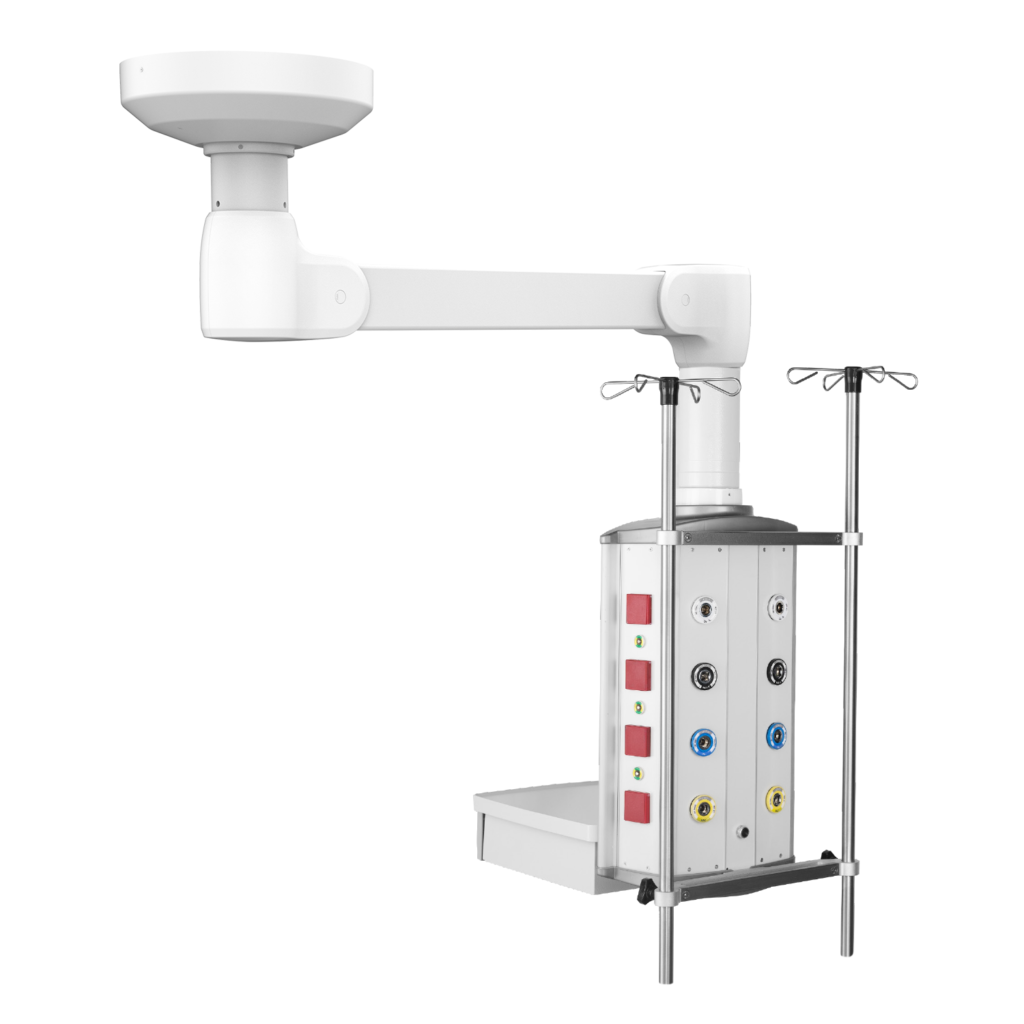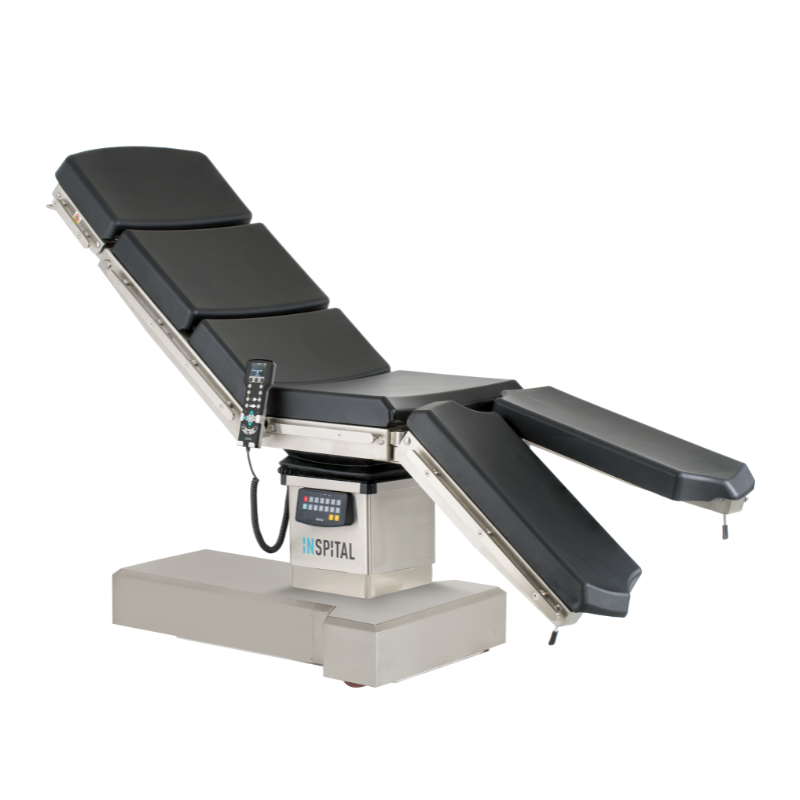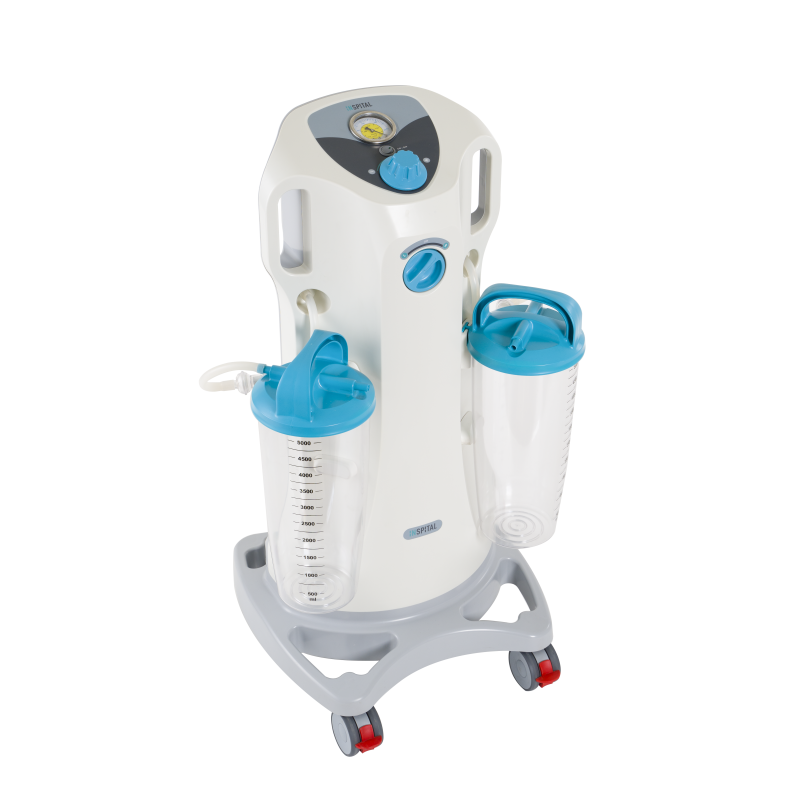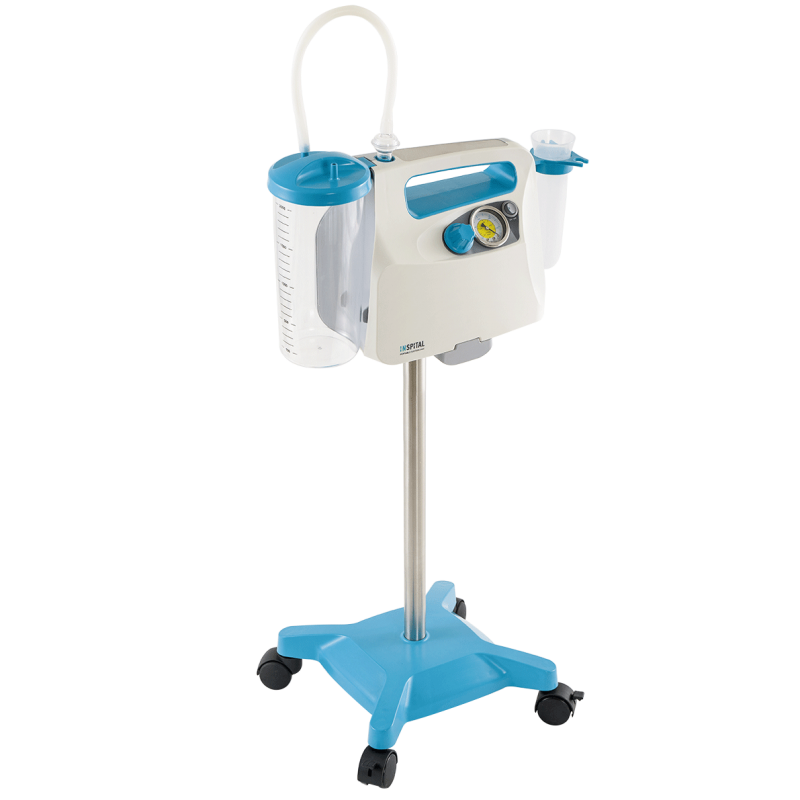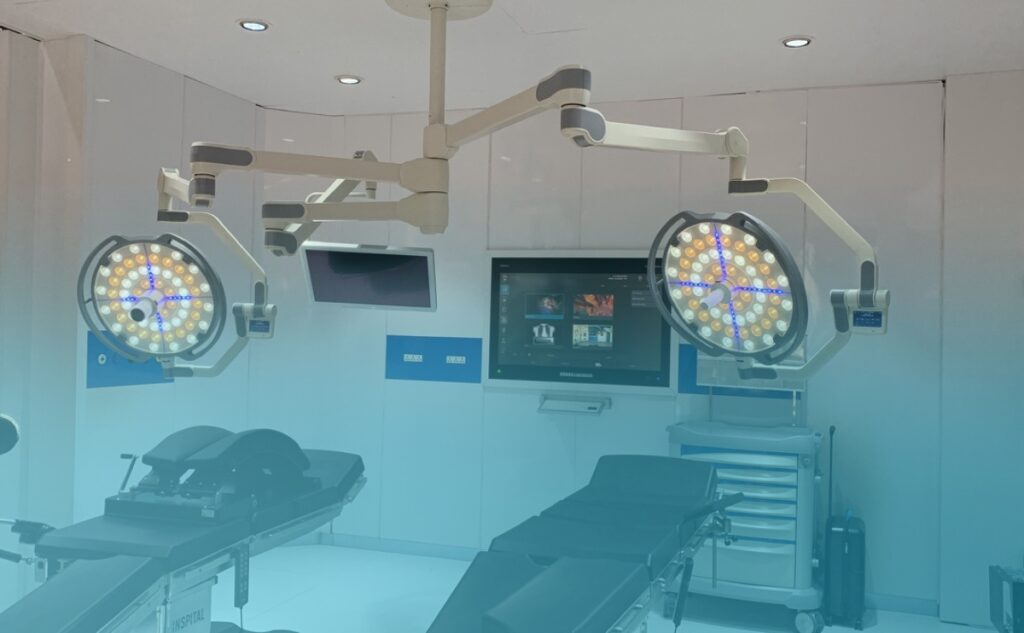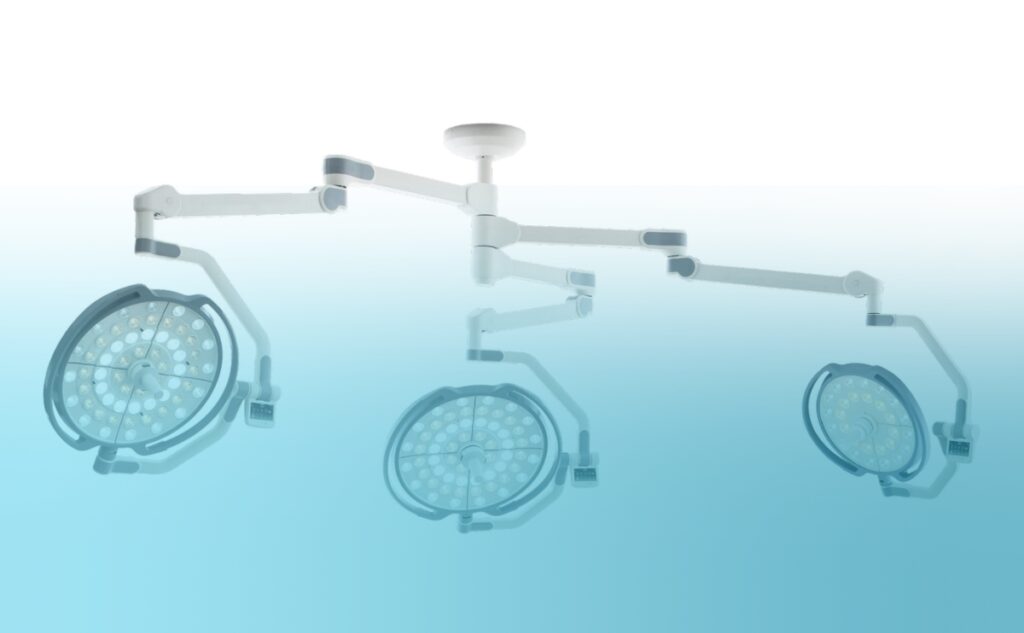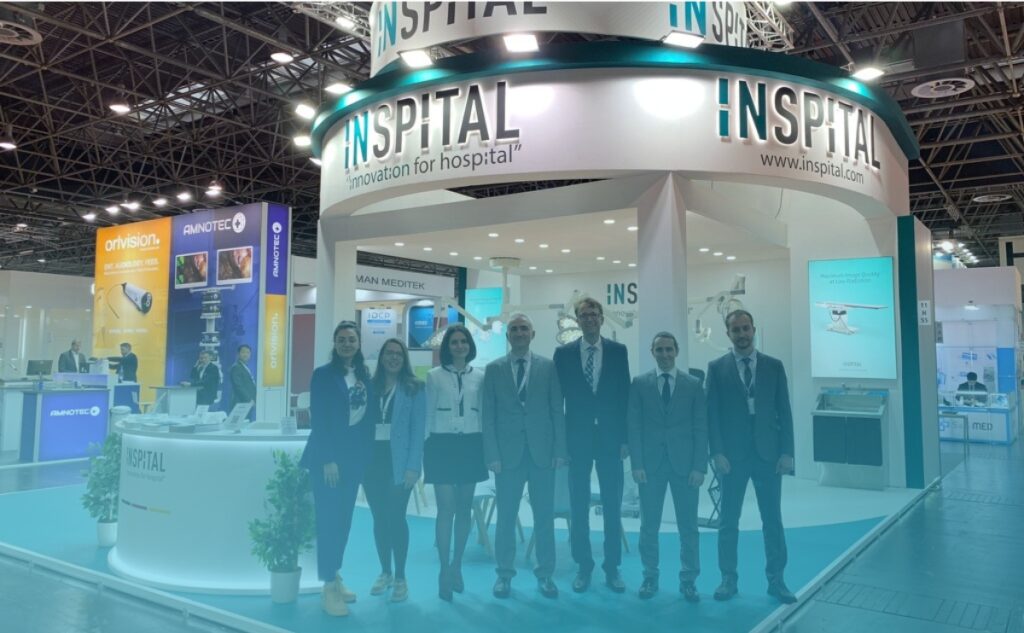The Role of Automation in Medical Technology: How Machines Facilitate Work in Hospitals
- Automation, Hospital Management, Inspital Medical Technology
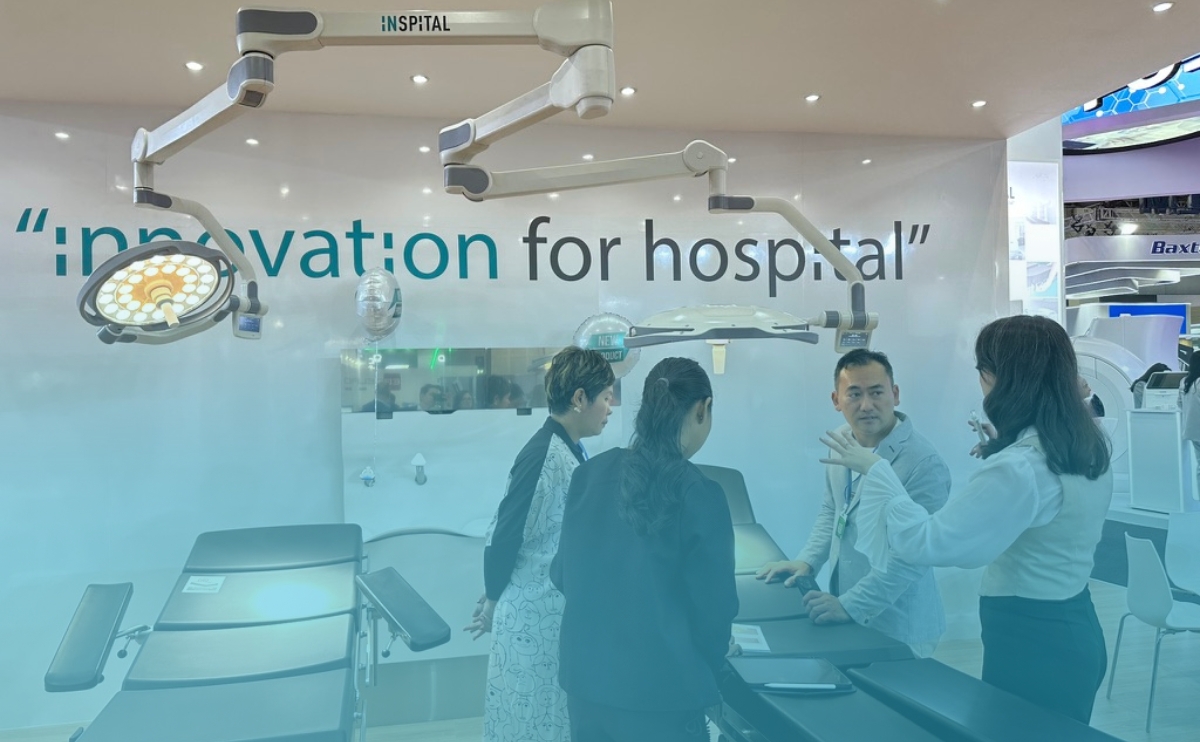
Contents
How Automation in Medical Technology Facilitates Work in Hospitals:
Automation has the potential to improve a variety of aspects in everyday hospital life. From the operating room to medication administration to patient care - intelligent systems and machines are increasingly taking over tasks that have previously been time-consuming. Particularly in view of the increasing complexity of patient treatment and the ever-increasing pressure on medical staff, automated solutions are a blessing. They offer a multitude of advantages:
- Error Reduction: Automated systems reduce the risk of human error, especially in complex processes such as medication administration or patient monitoring.
- Efficiency Increase: Through automation, time-consuming routine tasks are taken over, allowing medical staff more time for direct patient care.
- Optimization of Resource Utilization: Automation solutions enable better management of resources, whether in the area of medication storage or in surgical technology.
- Increased Patient Safety: Through automated monitoring and warning systems, potential risks can be identified and treated early, increasing patient safety.
A outstanding example of a company specializing in automation solutions for healthcare is Inspital. Our company offers a wide range of products specifically designed to increase efficiency in hospital operations and optimize workflows.
Inspital's Products: Efficiency and Innovation for Hospitals
Inspital's product range includes a variety of devices and systems that drive automation in hospitals and facilitate the work of medical teams. Each product is designed for the highest quality, user-friendliness, and efficiency to meet the needs of modern hospitals.
1 Oxygen Production Systems
For hospitals that rely on a constant and reliable oxygen supply, Inspital offers an innovative solution: the oxygen production system. This system allows hospitals to produce the required oxygen on-site, which both reduces the costs for external oxygen delivery and increases supply security. The Inspital oxygen system produces oxygen with a purity of up to 95% and is capable of ensuring a continuous supply with sufficient pressure and volume. By automating this process, not only is efficiency increased, but also independence from external suppliers, guaranteeing a more stable oxygen supply.
2 Surgical Suction Devices
In an operating room, it is crucial that the working environment remains clean and a clear view of the surgical site is ensured. Surgical suction devices from Inspital ensure that fluids, blood, or other contaminants are quickly and efficiently suctioned away. These devices are equipped with advanced filtration systems that prevent harmful particles from entering the air, thus increasing the safety of medical personnel. By automating the suction process, the need for manual intervention is reduced, which not only increases efficiency but also reduces the risk of contamination and infections.
3 Stainless Steel Hospital Furniture
Another important aspect in hospital automation is reducing the workload for nursing staff. The robust and hygienic furniture from Inspital Made of stainless steel, it contributes to more efficient use and easy disinfection of work surfaces. Stainless steel is known for its resistance to corrosion and ease of cleaning, making it an ideal material for use in hospitals. Whether in the intensive care unit, operating room, or patient rooms - Inspital's furniture provides a functional and hygienic environment that supports staff in carrying out tasks while ensuring high safety for patients.
4 Operating Tables
Modern surgery demands precise technology and perfect lighting. Inspital offers high-quality operating tables and surgical lights that combine both ergonomic and technological innovations. These products enable optimal patient positioning and precise illumination of the surgical field, supporting the work of the surgical team and leading to better outcomes. By automating lighting and positioning, manual interventions are minimized, making the surgical process more efficient and less prone to errors.
Conclusion: The Future of Hospital Automation
Automation is undoubtedly a crucial factor for the future of healthcare. Inspital's solutions offer far more than just an improvement in workflows. They help increase patient safety, reduce staff workload, and simultaneously increase the efficiency of the entire facility.
Hospitals that rely on automation solutions are better prepared to meet the increasing demands of healthcare without compromising the quality of care. In conjunction with a strong partnership with providers like Inspital, medical facilities can ensure that their infrastructure is optimally equipped to meet the needs of patients and staff.
Automation in medical technology is an indispensable component of modern healthcare. It will continue to contribute to hospitals working more efficiently and patients being treated faster and more safely. Companies like Inspital play a crucial role in this and set standards in the industry with their innovative products.
Current News
- Current News, Inspital Medical Technology, Research
News Press
Here you will find current news about trade fairs, congresses, PR and other relevant topics.
